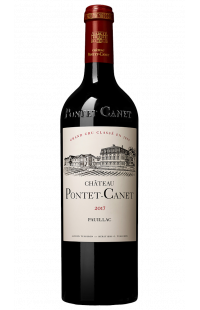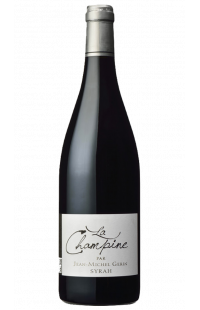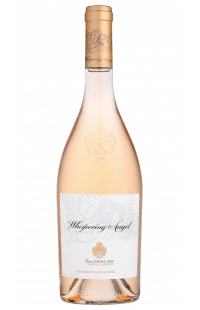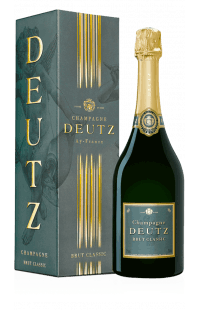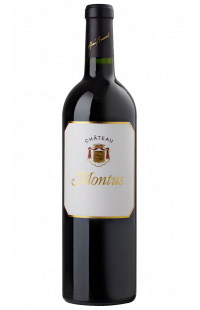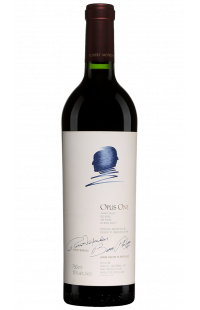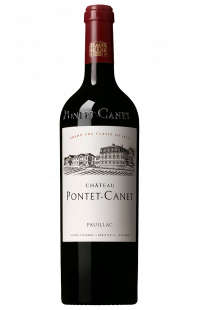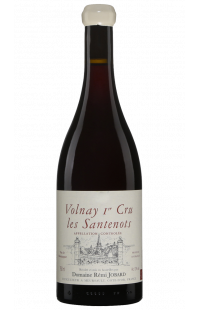- Menu
- All our wines
- Bordeaux
-
Rhône
-
Burgundy
-
Rosés Wines
-
Champagne
- France
-
World
- PRIMEURS
- ORGANIC WINES
Volnay Wines
There are 3 products.
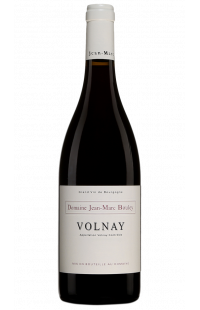
Available in
- Bottle (75cl)
- 67.00€ / bottleTASTING NOTES
Specifications
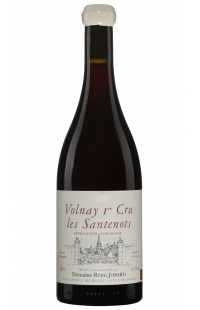
Available in
- Bottle (75cl)
- 90.00€ / bottleTASTING NOTES
Specifications
The Wines of Volnay: An Exploration of the Côte de Beaune
The wines of Volnay belong to the illustrious Côte de Beaune, a region of Burgundy renowned for its exceptional crus. This appellation is particularly famous for its red wines, appreciated for their finesse and delicate character, often described as feminine. Aromas of ripe fruits, such as plum and redcurrant, give these wines a unique concentration that allows them to open up quickly, making them pleasant to drink young. Let's embark on a journey to discover this appellation and its oenological treasures.
History and Terroir of Volnay
Historical Origins
The first traces of viticulture in Volnay date back to the Gallo-Roman era. The region has spanned the centuries, developing a firmly rooted winemaking tradition, reinforced by the influence of the abbeys in the Middle Ages. Over the years, Volnay has managed to preserve its identity while perfecting cultivation and winemaking techniques.
The Unique Terroir of Volnay
Volnay's terroir is marked by exceptional geological diversity. The limestone soils, mixed with marl and clay, provide an ideal environment for cultivating Pinot Noir, the region's king grape variety. This combination of soils allows the production of wines of great finesse, with complex aromas and an elegant structure.
The Climats of Volnay
Volnay's climats, or plots, are numerous and varied. Among the most famous are Clos des Chênes, Les Caillerets, and Les Champans. Each of these climats brings a unique expression to the wine, influenced by the soil's nature, exposure, and altitude.
Characteristics of Volnay Wines
Sensory Profile
Volnay wines are distinguished by their rich and refined aromatic bouquet. They feature notes of red and black fruits, such as cherry, raspberry, and blackberry, often complemented by floral touches like violet. With age, these aromas evolve into more complex nuances of undergrowth, leather, and spices.
Finesse and Femininity
The finesse and femininity of Volnay wines are characteristics often highlighted by enthusiasts and experts. These wines have a silky texture and well-balanced acidity, which give them a particular elegance and delicacy.
Aging Potential
Although Volnay wines can be enjoyed young due to their ability to open up quickly, they also have excellent aging potential. Over time, they develop deeper aromas and increased complexity, offering an even richer tasting experience.
Viticulture in Volnay
Cultural Practices
The winemakers of Volnay place great importance on environmentally friendly practices. Organic and biodynamic viticulture is increasingly widespread, with particular care given to the vine and soil to preserve the quality and typicity of the wines.
Vinification and Aging
Vinification in Volnay follows traditional methods, often with fermentation in open vats and aging in oak barrels. This approach allows for maintaining the purity of the fruit while bringing subtle nuances of wood and vanilla.
The Producers of Volnay
Domaine de la Pousse d'Or
Domaine de la Pousse d'Or is one of the most emblematic estates of Volnay, renowned for its elegant and well-structured wines. With a rich history and a commitment to quality, this estate produces exceptional crus from some of Volnay's best climats.
Domaine Marquis d'Angerville
Domaine Marquis d'Angerville is another key player in the appellation. Known for their precision and depth, the wines from this estate perfectly reflect Volnay's terroir. The estate places particular emphasis on biodynamic practices to cultivate its vines.
Other Renowned Domains
Other estates such as Domaine Michel Lafarge, Domaine Joseph Voillot, and Domaine Henri Boillot also contribute to Volnay's renown. Each brings its own interpretation of the terroir, offering a diversity of styles and flavors.
Food Pairings with Volnay Wines
Poultry Dishes
Volnay wines pair wonderfully with poultry dishes, notably roast chicken or duck. Their finesse and balanced acidity perfectly complement the delicate textures and flavors of these dishes.
Game and Red Meats
The rich aromas and elegant structure of Volnay wines also make them ideal for accompanying game and red meats. A roast beef or venison stew will highlight the complex nuances of these wines.
Aged Cheeses
For a complete gastronomic experience, pair a Volnay with aged cheeses like Comté or Brie. The sweetness and richness of the cheeses harmoniously marry with the finesse and depth of the wines.
Tasting and Serving Volnay Wines
Serving Temperature
Volnay wines are ideally enjoyed at a temperature between 16 and 18 degrees Celsius (61–64°F). This temperature allows the wine's aromas and complexity to be fully revealed.
Decanting and Aeration
For young wines, a light decanting can be beneficial to aerate the wine and release its aromas. Older wines can be tasted directly, but it's always recommended to let them breathe a bit before serving.
Wine Glasses
Use Burgundy wine glasses, which are wider and more open, to appreciate all the subtlety and complexity of Volnay wines' aromas.
Purchasing and Storing Volnay Wines
Selection and Purchase
When purchasing a Volnay, it's important to choose a vintage suited to your taste and the occasion. Recent vintages are perfect for immediate enjoyment, while older vintages are ideal for collectors and lovers of wines for aging.
Storage Conditions
Volnay wines should be stored under optimal conditions to preserve their quality. A cellar with constant temperature, away from light and vibrations, is ideal. Humidity should be maintained around 70% to prevent the corks from drying out.
Duration of Storage
Depending on the vintages and storage conditions, Volnay wines can be kept for 5 to 20 years, or even longer for grands crus and the best cuvées.
Events and Festivals around Volnay Wines
La Paulée de Meursault
La Paulée de Meursault is one of the most famous wine events in the region. Although centered on white wines, this festival also celebrates wines from the entire Côte de Beaune, including Volnay. It's the ideal occasion to taste exceptional wines and meet local winemakers.
The Burgundy Days
The Burgundy Days are another event not to be missed. This festival offers tastings, vineyard visits, and workshops to discover Volnay wines and other Burgundian appellations in a friendly and festive atmosphere.
Wine Fairs and Tastings
Throughout the year, wine fairs and tastings are organized in the region. These events are perfect for exploring the diversity of Volnay wines, meeting producers, and enriching your oenological knowledge.
FAQ about Volnay Wines
What are the typical aromas of Volnay wines?
Volnay wines feature aromas of red and black fruits, such as cherry, raspberry, and blackberry, as well as floral notes of violet and spicy nuances with aging.
What dishes pair well with a Volnay wine?
Volnay wines pair well with poultry, game, red meats, and aged cheeses.
How should a Volnay wine be stored?
Store Volnay wines in a cellar with constant temperature, away from light and vibrations, with humidity around 70%.
What is the aging potential of Volnay wines?
Volnay wines can be kept for 5 to 20 years, depending on vintages and storage conditions.
What is the ideal temperature to serve a Volnay?
The ideal serving temperature for Volnay wines is between 16 and 18 degrees Celsius (61–64°F).
What are the emblematic estates of Volnay?
Among the emblematic estates of Volnay are Domaine de la Pousse d'Or, Domaine Marquis d'Angerville, and Domaine Michel Lafarge.
Conclusion
Volnay wines, with their finesse and elegance, represent one of the jewels of the Côte de Beaune. Their ability to open up quickly and offer a rich and complex aromatic palette makes them wines appreciated by both amateurs and connoisseurs. Whether for a young tasting or after a few years of aging, Volnay wines will delight your palate and enhance your convivial moments.
